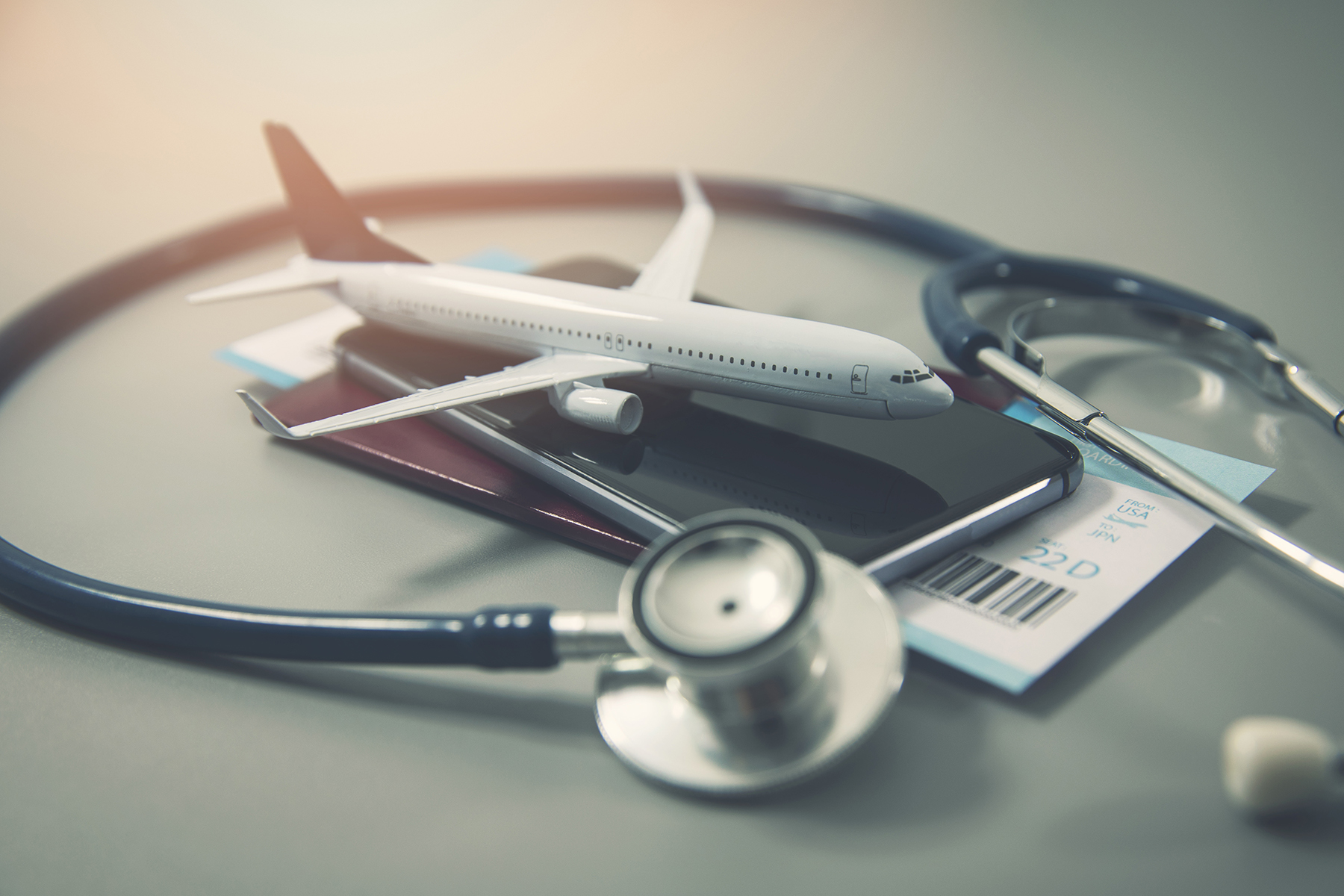Beyond Borders: A Roadmap for Medical Tourism

Every year, thousands of people travel to the United States seeking medical care. Part of a growing trend known as medical tourism, these “inbound” medical tourists seek a higher level of quality care or treatments not available at home.
Last year, approximately 7,000 registered with UHealth International (UHI), part of the University of Miami Health System. Acting as a gateway to UHealth, the team helps international patients navigate the health care system.
After registering with UHI, each patient is assigned a multilingual international coordinator who schedules appointments with the appropriate doctors. Coordinators also act as a resource for other non-medical needs including lodging and visa letters.
A mecca for medical care
“The majority of North American hospitals, including UHealth facilities, are accredited, meaning they meet rigorous standards of quality care and patient safety. Many people come to the States for that reason,” says Dr. Eduardo de Marchena. Dr. de Marchena is associate dean for International Medicine at the International Medicine Institute.
International patients commonly come to UHealth for cardiac, oncology, ophthalmology, neurosurgery, urology, sports medicine, and transplant services. UHI helps patients from overseas who need access to UHealth doctors and clinical research trials, helps medical professionals around the world with access to continuing medical education.
While Miami’s cultural diversity and proximity to Latin America and the Caribbean appeal to medical tourists, Dr. de Marchena believes there is a deeper draw.
“As South Florida’s only academic medical center, our clinical trials are revolutionizing medical care. Using our research to advance precision medicine, we create treatment plans for patients with some of the most challenging conditions.”
Health care in America
In the U.S., patient privacy is protected by the Health Insurance Portability and Accountability Act (HIPAA). Most American hospitals also centralize patient information through an Electronic Medical Record (EMR) system. EMR streamlines patient care by giving every member of the health care team access to medical records.
What if EMR does not exist in the patient’s home country?
“All of our patients receive an After Visit Summary, explaining medical history, procedures, medications, and instructions for follow-up care. We can also follow-up with the patient’s referring doctor or insurance company,” says Joyce Granda Chavarria, DNP, RN, executive director for UHI.
As Americans know, sophisticated health care comes at a cost. Patients accustomed to free or low-cost medical care may be astonished at the price difference. UHI coordinators help prevent surprises by reviewing financial obligations and verifying insurance coverage before scheduling appointments.
“We treat patients from all walks of life – from international patients seeking an executive physical to individuals needing our expertise or referred to us by their insurers, in-country physicians or representatives,” says Marianne Finizio, the Institute’s assistant vice president.
If they have the required technology, some patients may be able to consult with UHealth doctors from the comfort of home.
No matter our nationality, good health is our most priceless possession. If we must travel to reach life-changing medical care, many of us are willing to make the journey.
For more information on UHealth International, call 305-243-9100, or email [email protected].
Nancy Moreland is a contributor to the UMiami Health News Blog. She has written for several major health care systems and the Centers for Disease Control and Prevention. Her writing also appears in the Chicago Tribune.
Tags: American medical care, Eduardo de Marchena, in-bound medical tourist, international medical care, International Medicine Institute, medical tourism, U.S. medical care, UHealth International
